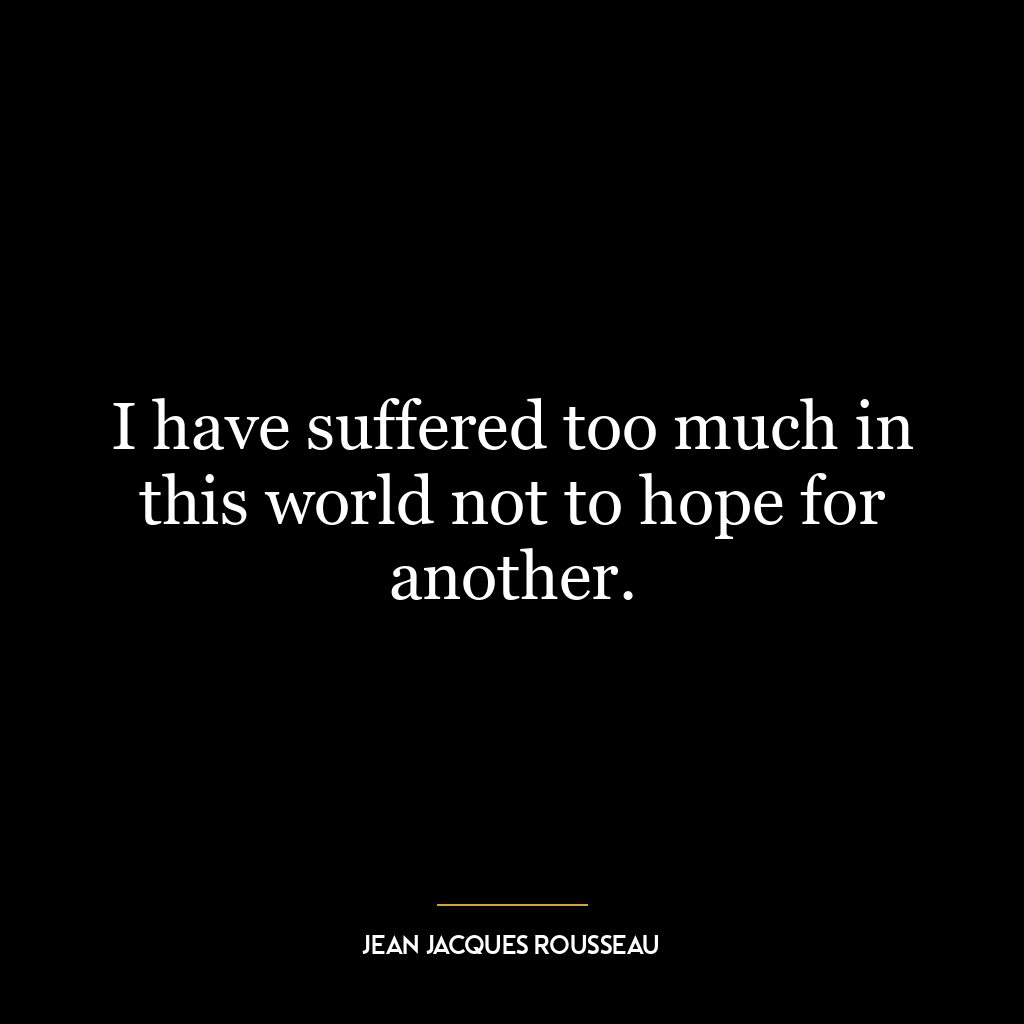This quote suggests that impatience is the root cause of humanity’s fall from grace and the subsequent inability to regain that lost paradise. It’s an allegorical reference to the biblical story of Adam and Eve, who were expelled from the Garden of Eden due to their impatience to eat the forbidden fruit. It implies that impatience leads to rash decisions, causing us to lose our peace and tranquility – our ‘paradise’.
The second part of the quote, “because of impatience we cannot return”, implies that impatience also hinders our progress towards betterment. It stops us from learning from our mistakes and making amends. Impatience doesn’t allow us to wait for the right time or opportunity and thus, we miss the chance to regain our lost paradise.
In today’s fast-paced world, this quote is highly relevant. We are often impatient for success, for results, for responses, and this impatience can lead us to make hasty decisions that may not be in our best interest. We might take shortcuts, compromise on quality, or act without fully considering the consequences. This can lead to negative outcomes, and our impatience then prevents us from acknowledging our mistakes and learning from them.
In terms of personal development, the quote suggests the importance of patience as a virtue. It encourages us to slow down, to think before we act, and to understand that good things often take time. It reminds us that personal growth and improvement is a gradual process, and trying to rush it can lead to setbacks instead of progress.
Therefore, we could interpret this quote as a call to cultivate patience in our lives, to make thoughtful and considered decisions, and to understand that the path to ‘paradise’ – whether that’s personal success, inner peace, or any other form of fulfillment – is often a slow and steady one.















